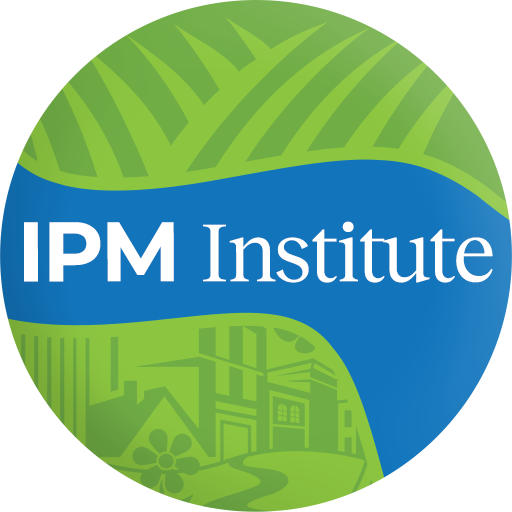Our team developed an integrated pest management (IPM) program for Sysco’s processed fruit and vegetable products, which was implemented worldwide with 68 fruit and vegetable supply chains and more than two million acres.
THE CHALLENGE:
Sysco Food Service is a global leader in the realm of food and non-food products. They work with customers in 90 different countries around the world. Sysco sells, markets and distributes their products to many different establishments. In 2002, Sysco Food Service engaged our parent organisation IPM Institute of North America to develop an IPM program for their processed fruit and vegetable supply chain.
The UN’s Food and Agriculture Organization defines IPM as “the careful consideration of all available pest control techniques and subsequent integration of appropriate measures that discourage the development of pest populations and keep pesticides and other interventions to levels that are economically justified and reduce or minimize risks to human health and the environment”. IPM emphasizes the growth of a healthy crop with the least possible disruption to agro-ecosystems and encourages natural pest control mechanisms.
OUR ROLE:
Our team captured baseline data by surveying processed fruit and vegetable suppliers. Then, we worked with Sysco suppliers and growers to create goals, standards and procedures for a meaningful IPM program.
We continue to maintain the Sysco (R) Sustainable/IPM Program, review supplier reports, coordinate annual reporting, and manage an advisory council including Sysco leaders, suppliers and scientists. In addition, our team coordinates a biennial supplier conference.
A new step in our partnership is the development of the Sustainable Food Group Sustainability StandardTM , modeled after the Sysco (R) Sustainable/IPM Program. This new standard, developed by Sustainable Food Group in collaboration with Azzule Systems and Primus Auditing Ops, addresses soil health, pest management, agrochemicals, waste and recycling, water, energy, processing, employee relations and conservation. The Sustainability Standard can be implemented as a self-assessment or a third-party-audited certification, including in conjunction with food safety audits. It addresses requests from additional producers to similarly document and report sustainability performance to buyers and others.
The Sustainability Standard will be available for food companies and producers worldwide, and is currently being piloted in Sysco’s supply chain.
THE OUTCOME:
The Sysco (R) Sustainable/IPM Program was implemented worldwide with over 60 supply chains and more than one million acres. The program has established Sysco as an industry leader and is a leading component of Sysco’s corporate sustainability portfolio.
More information about the Sysco (R) Sustainable/IPM Program can be found in the Sysco 2019 CSR Report, page 65-66.


